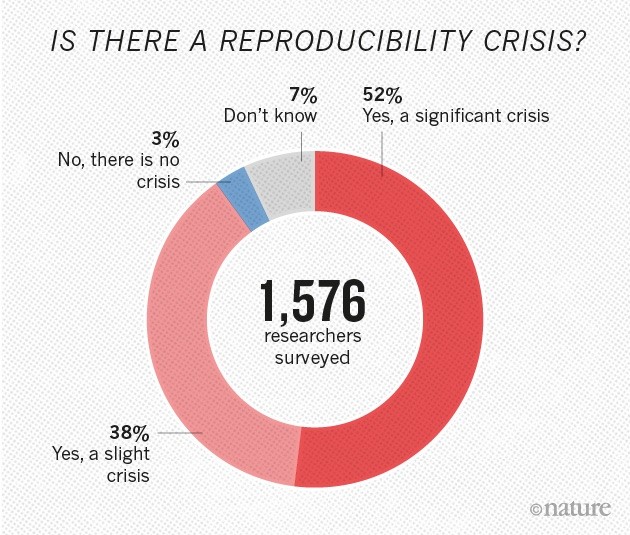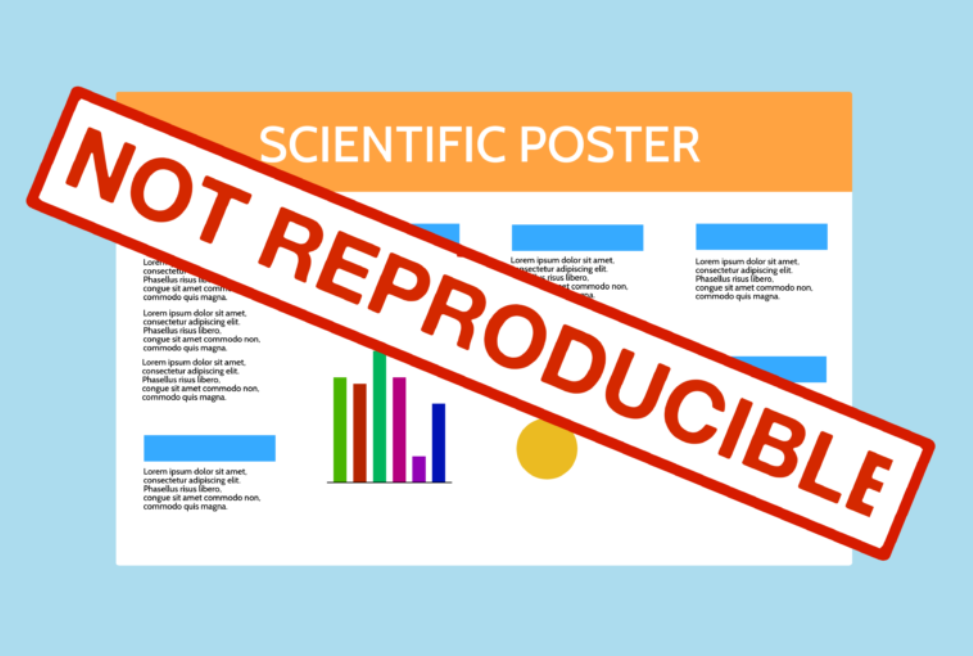
The Reproducibility Crisis: How Open Science Can Save Research
The Reproducibility Crisis: How Open Science Can Save Research https://opusproject.eu/wp-content/uploads/2023/10/41586_2016_BF533452a_Figd_HTML.jpg 630 535 Open and Universal Science (OPUS) Project Open and Universal Science (OPUS) Project https://opusproject.eu/wp-content/uploads/2023/10/41586_2016_BF533452a_Figd_HTML.jpgIn the world of scientific research, there exists a quiet but persistent storm known as the “reproducibility crisis.” This crisis has shaken the very foundations of scientific inquiry, leading to a growing lack of trust in research findings. As the integrity of scientific research comes under scrutiny, it is imperative to explore potential solutions. One promising path towards redemption is Open Science, a movement aimed at fostering transparency, collaboration, and accountability within the scientific community. In this article, we will delve into the reproducibility crisis, its causes, and how Open Science can be the beacon of hope to restore trust in research.
The Reproducibility Crisis Unveiled
The reproducibility crisis refers to the alarming inability of scientists to replicate the findings of many published studies. This phenomenon threatens the credibility of scientific research across various disciplines, from psychology to medicine, and beyond. It has garnered attention not only from academics but also from the public, who rely on scientific advancements to improve their lives and the world at large.
Causes of the Crisis
Several factors contribute to the reproducibility crisis, including:
- Publication Bias: Journals often prioritize publishing novel and positive results, leading to the neglect of negative findings or replication studies.
- Questionable Research Practices: Researchers may engage in practices like p-hacking (manipulating data to achieve statistical significance) and HARKing (hypothesizing after results are known), which can distort results.
- Inadequate Statistical Methods: Suboptimal statistical analyses can lead to erroneous conclusions, making replication challenging.
- Lack of Data Sharing: Many researchers do not make their data and methods openly accessible, hindering the ability of others to verify and replicate their work.
- Pressure to Publish: The “publish or perish” culture can incentivize quantity over quality, encouraging rushed and less rigorous research.

The Open Science Solution
Open Science presents a promising solution to the reproducibility crisis. It champions a set of practices that promote transparency, collaboration, and accessibility, thus restoring trust in research. Here’s how:
- Open Data and Methods: In the spirit of Open Science, researchers are encouraged to make their data, methods, and analysis code openly available. This allows for full transparency, making it easier for others to replicate the study.
- Preprints: Open Science platforms, such as arXiv and bioRxiv, enable researchers to share their findings before formal peer review. This not only accelerates the dissemination of knowledge but also invites constructive criticism, improving the quality of research.
- Open Access Journals: Open-access publishing models make research freely accessible to all, reducing barriers to information and promoting equitable access to knowledge.
- Registered Reports: This innovative publishing format allows researchers to submit detailed study protocols for peer review before conducting the research, ensuring that the methodology is sound and reducing the risk of publication bias.
- Crowdsourcing and Collaboration: Open Science encourages collaboration among researchers worldwide, harnessing the collective intelligence of the scientific community to address complex research questions.
A Brighter Future for Research: Open Science as the Way Forward
The reproducibility crisis casts a shadow of doubt over scientific research, threatening its credibility and the trust placed in it. However, Open Science offers a ray of hope. By embracing transparency, collaboration, and accountability, Open Science can help rectify the root causes of the crisis. Researchers, institutions, and funders must all come together to champion the Open Science movement, for it is the key to restoring faith in research and, in turn, advancing the frontiers of knowledge for the betterment of society.
Photo via Nature
- Posted In:
- Open Science News




